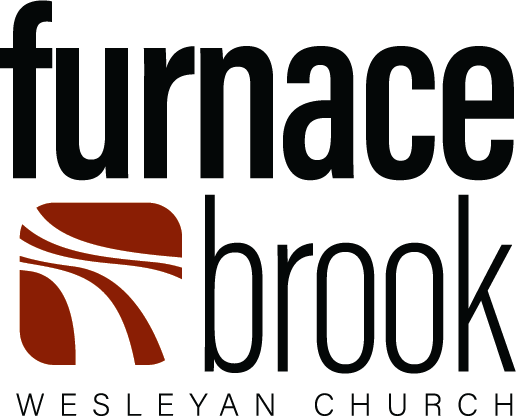|
This coming Sunday I'll be preaching on Thomas and his doubts about the resurrection. There are lots of ironies built into this account. Jesus might have used any number of things to prove to Thomas that he was Jesus. He could have shared information with Thomas that only Jesus could possibly have known. Or he could have performed a miracle.
But, instead, Jesus appeals to the evidence of his death for proof that he was alive. Jesus expresses a preference for belief that does not require evidence, but does not begrudge his disciple the evidence he needs. But the most valuable part of the passage (John 20:24-31) is when Jesus, having provided Thomas with some evidence of his identity, tells Thomas to "Stop doubting and believe." We often treat doubt and belief as involuntary conditions. We assume that a weight of evidence must produce belief in much the same way that much nourishment produces the sensation of being full, and that the lack of evidence must produce doubt in the same way that a lack of nourishment will provide hunger. But belief and doubt, though made more easy or difficult by circumstance, are never determined by the circumstances. Belief and doubt are decisions we make. And it's time to stop doubting, time to start believing. I'm going to talk about some of the things we're tempted to doubt and ways to train ourselves to belief and to be disposed to believe.
0 Comments
|
Furnace Brook Wesleyan Church Blog
|

 RSS Feed
RSS Feed